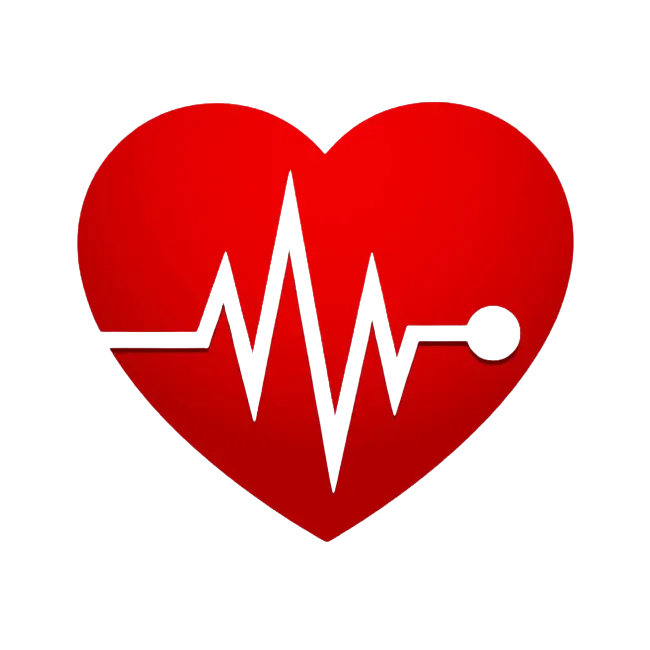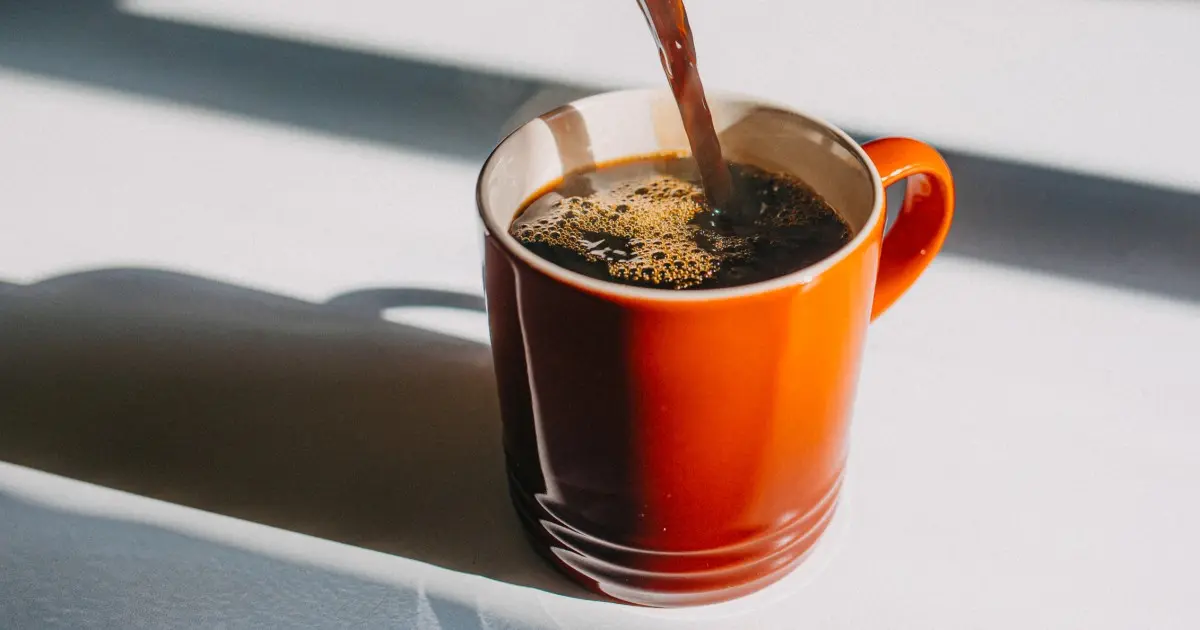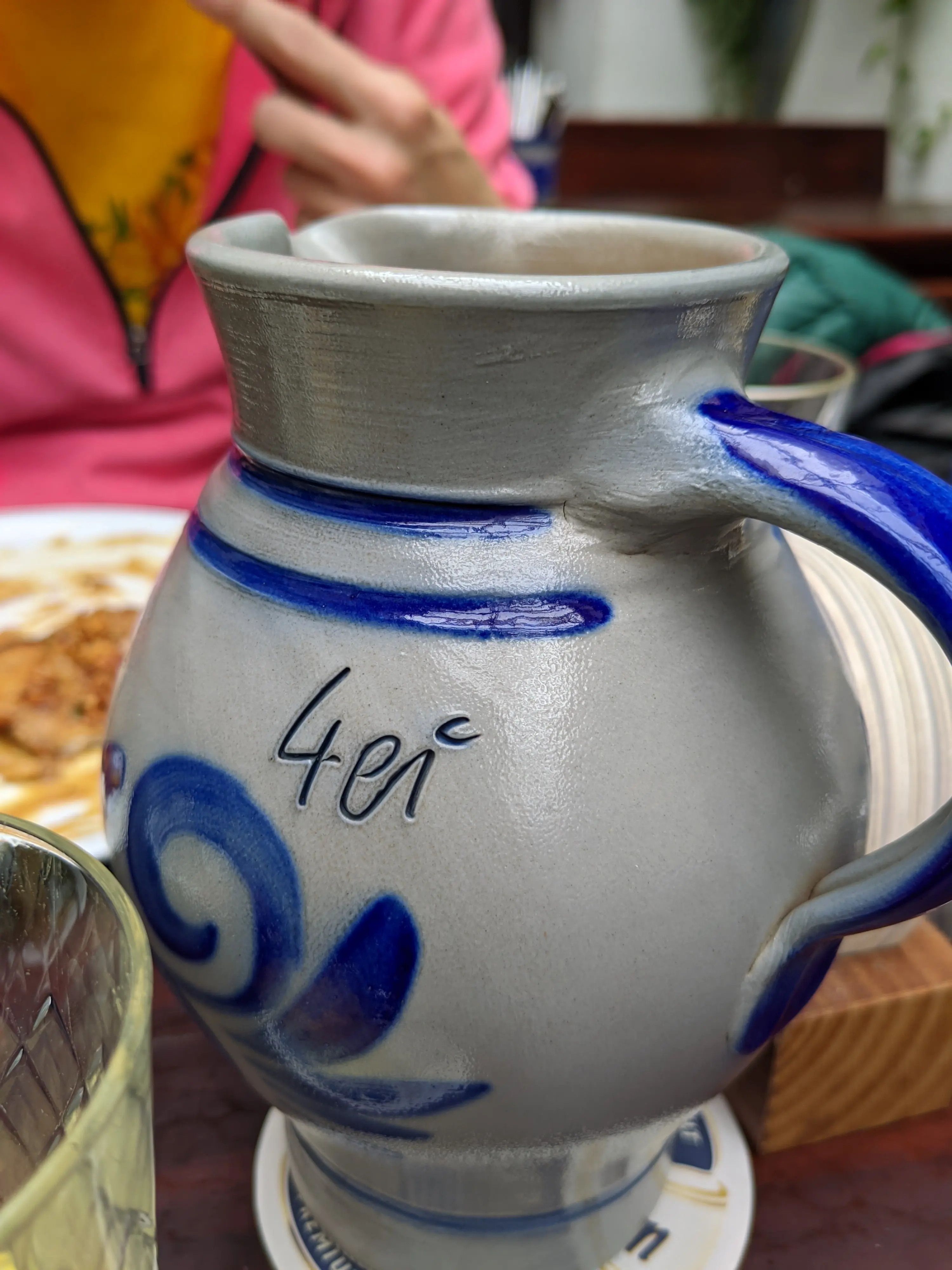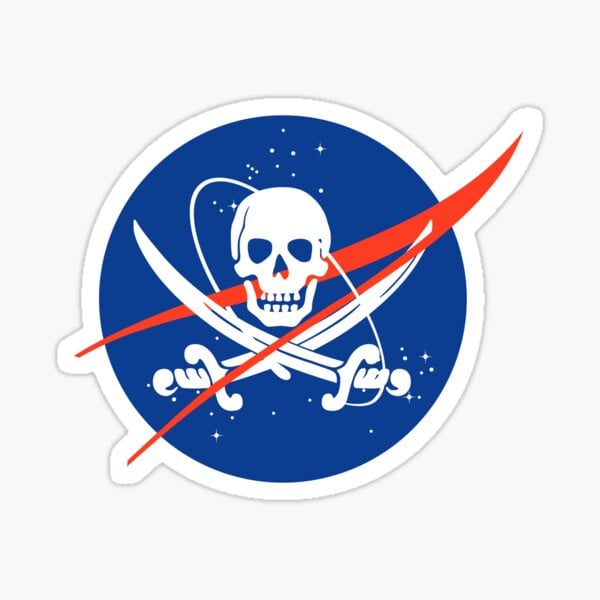People who consumed 200 to 300 milligrams of caffeine a day were less likely to develop coronary heart disease, type 2 diabetes or stroke.
There are certain studies that coffee lovers, well, love.
This is one of them: Drinking several cups of caffeinated coffee or tea a day may protect against Type 2 diabetes, coronary heart disease and stroke.
The findings, published Tuesday in the Journal of Clinical Endocrinology & Metabolism, add to existing research suggesting that daily coffee drinkers have better heart health than nondrinkers — provided they don’t drink too much caffeine.
I wonder how much of this is correlation vs causation. For instance, if you can afford a couple cups of coffee a day (time and money) perhaps you’re just more well off in general. Coffee might be a bad example in this case because it’s pretty low cost (wines a better example), but my point remains.
Previous coffee research with positive outcomes for coffee drinkers didn’t factor in that people with underlying medical conditions or that take medication that make them more likely to get vascular problems don’t drink coffee.
I wonder about causation from a different angle. I only drink decaf and don’t do any caffeine specifically because I know I’m at a higher risk for heart disease and caffeine has triggered cardiac episodes for me before.
Coffee isn’t expensive or time consuming. I pay about $7 for 12oz of ground coffee, and it lasts for at least a couple weeks’ worth of brewing an 8-cup pot of fresh coffee every morning.
I suppose if you pay someone else to make your coffee it would cost more, but that would be a massive waste of money to do on a regular basis.
i take caffeine pills, i need the caffeine, but if i had to sit down and drink a whole cup of liquid, i find that i just don’t, i’m sure i could find the time for it but i don’t
My comment was less on the specifics (cost/time) and more on causation vs correlation. See Sop’s comment for a much better potential cause. I agree, the cost/time is a weak argument.
I was wondering if it’s, like, making your heart stronger or something by having it work harder while under the effect of caffeine. 🤷🏻♂️
Funded by the coffee industry, probably
Serious though, probably worth investigation of funding sources.

I sometimes have 5 or 6 black coffees on a work day…if I’m reading this right, I’m basically invincible.
No, effects are non-linear. If you drink too much, it’s bad for you.
Isn’t that the same for wine?
Hmm… Who’s gonna invent coffee wine, though? One part over-caffeinated, one part decent buzz == science! 🤘🏽
In the US you can’t sell that because the government hates freedom
https://en.wikipedia.org/wiki/Ban_on_caffeinated_alcoholic_drinks_in_the_United_States
Ha! Kinda hard to argue though, when 4loko is the poster child. 😶🤢😅
Coffee wine the best way to start the morning
From what I’ve seen, the benefits are being debated, seems no one can get a definitive answer. Source
Wheee! More coffee and wine for everyone!
I’M INVINCIBLE!
I offset the gains from my one cup of coffee by chasing it with a sugar free Monster. Balance.
I drink decaf :(
Yeah, drugs stimulate the body and keep you fresh. This has both mental and physiological advantages. People should understand that a certain amount of drugs has more positive than negative effects.
Society needs to drop the stigma that all drugs are bad and that we should take as little of them as possible. Just like coffeine, other drugs can have a rejuvenating effect on the mind, and possibly (through mind-body interactions) also on the body.
What about 8 cups










